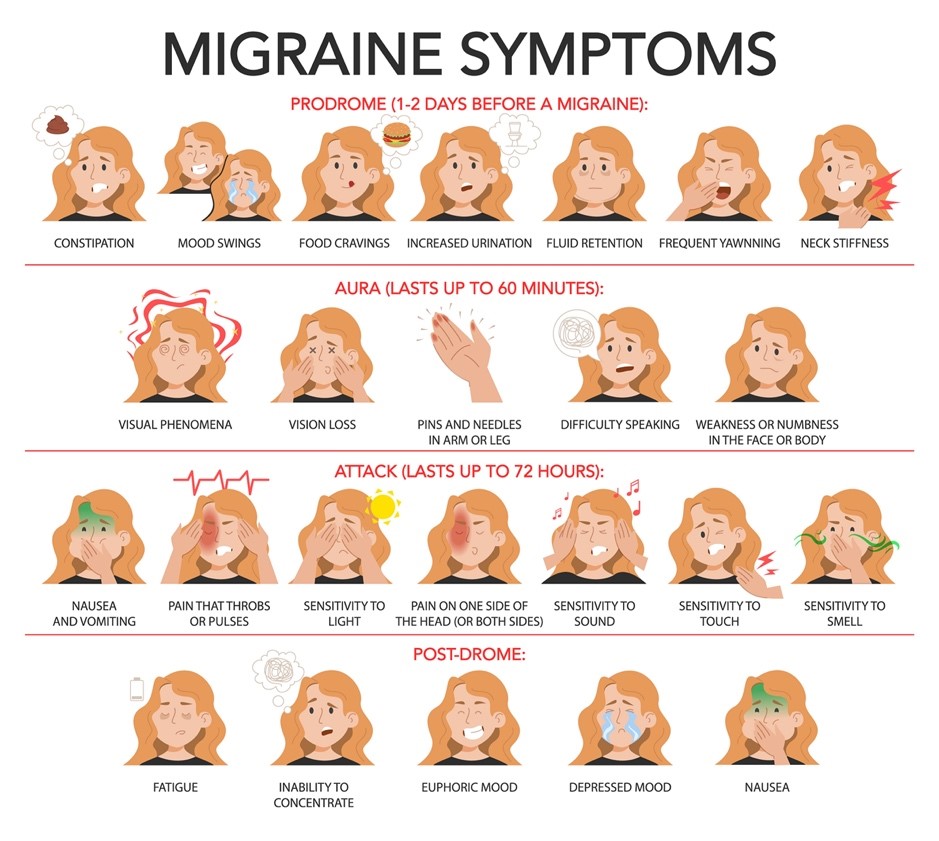
Right now it may feel like your head is bursting uncontrollably, and there seems to be nothing you can do.
As bright lights hit you hard and you feel groggy and nauseous with splitting headaches, you realise that you are grappling with migraine.
Migraines can really throw your life off-gear, causing intense pain, sensitivity to light and sound, and even nausea.
For many women, they become even more challenging during long periods of fasting, especially during Ramadan.
You can get to know more about how you can stay healthy during Ramadan in our blog on the healthy ways of fasting.

But first: What is a migraine?
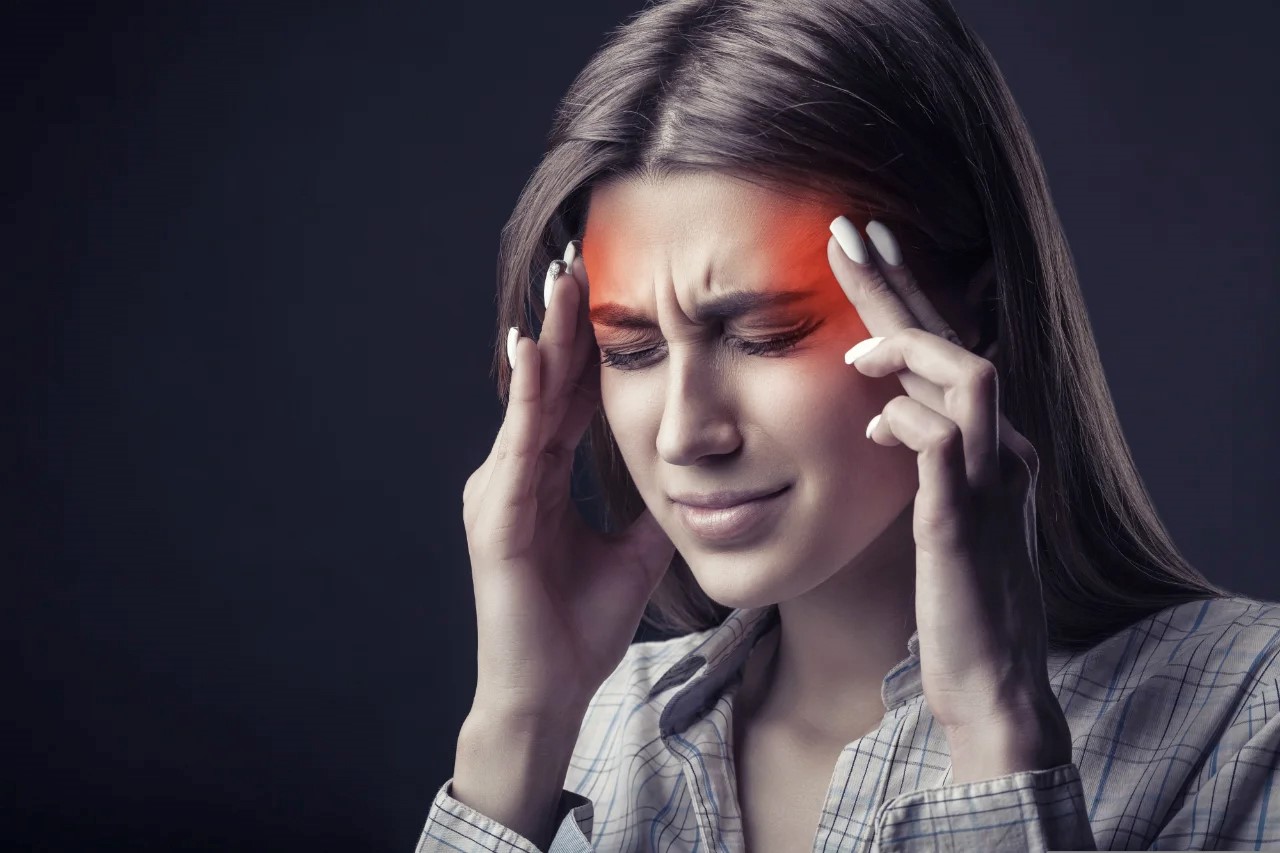
A migraine is a condition where you experience severe headaches that seem to go on for a few hours and in worse cases, several days!
They usually begin in early adulthood, and the most common symptoms it causes are nausea, vomiting and extreme sensitivity to light and sound. Most often than not, it is usually seen as a moderate or severe headache generally felt as a throbbing pain on one side of the head.
What’s alarming is that it’s fairly common and intensely painful, affecting around 1 in every 5 women, and around 1 in every 15 men on a global average.
Fasting can worsen migraines
During periods of fasting, certain conditions can actually worsen the symptoms of a migraine.
The most obvious culprits being skipping meals, and dehydration, changes in sleep patterns and disrupted circadian rhythms (our body’s natural bio-clock), due to altered meal schedules.

Quick heads-up: Different types of migraines:

- The Aura Migraine:
You start experiencing early warning signs before the migraine begins, which are ‘aura-like’ in nature: seeing flashing lights or blind spots, feeling a bit ‘fuzzy’, and having difficulty in speaking. - Migraines without the Aura:
This is the most common type, when your migraine occurs without warning signs. - Migraine Aura without Headaches:
Also commonly known as ‘the silent migraine’ where an aura or other migraine symptoms are experienced, but minus the headaches that one would normally associate with a migraine.
The duration of a migraine:
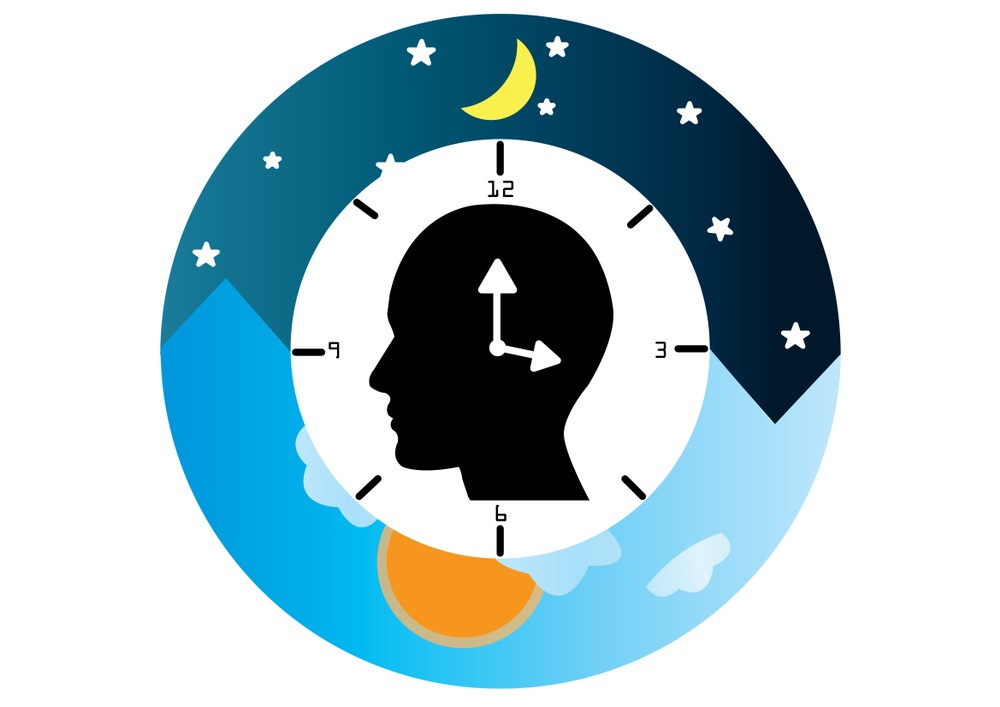
It’s the classic case of different strokes for different folks.
Some people have frequent migraines up to several times a week.
Other people only have occasional migraines, while it’s also not surprising to note that in some cases, even years can go by in between migraine attacks!
Hormonal factors that increase migraines in women during fasting
It’s quite natural for you to experience hormonal fluctuations as you undergo your menstrual cycle, a factor that plays a major role in triggering migraines. Research proves that hormones like estrogen and progesterone can impact the frequency and intensity of migraines in women.
In fact, the drop in estrogen levels during fasting can trigger migraines in you, if you are already prone to them. This hormonal fluctuation can cause changes in blood vessels and chemicals in the brain, leading to the onset of migraines.
Hormonal imbalances can really prove to be a challenge during fasting. Skipping regular meals owing to fasting schedules and delayed food intake, can disrupt the normal hormonal patterns and further worsen migraine symptoms, especially if you are among those suffering from chronic conditions. That’s why it becomes so important for women battling hormonal changes, to focus on maintaining a balanced diet and staying hydrated during fasting.
Focusing on meals that are rich in potassium, magnesium and Omega-3 fatty acids, from bananas, nuts and seeds to boiled eggs and fish, can help you get the right proteins and nutrients while helping to regulate hormones and reduce the risk of migraines. You can read more about this in our blog on maintaining weight during Ramadan.
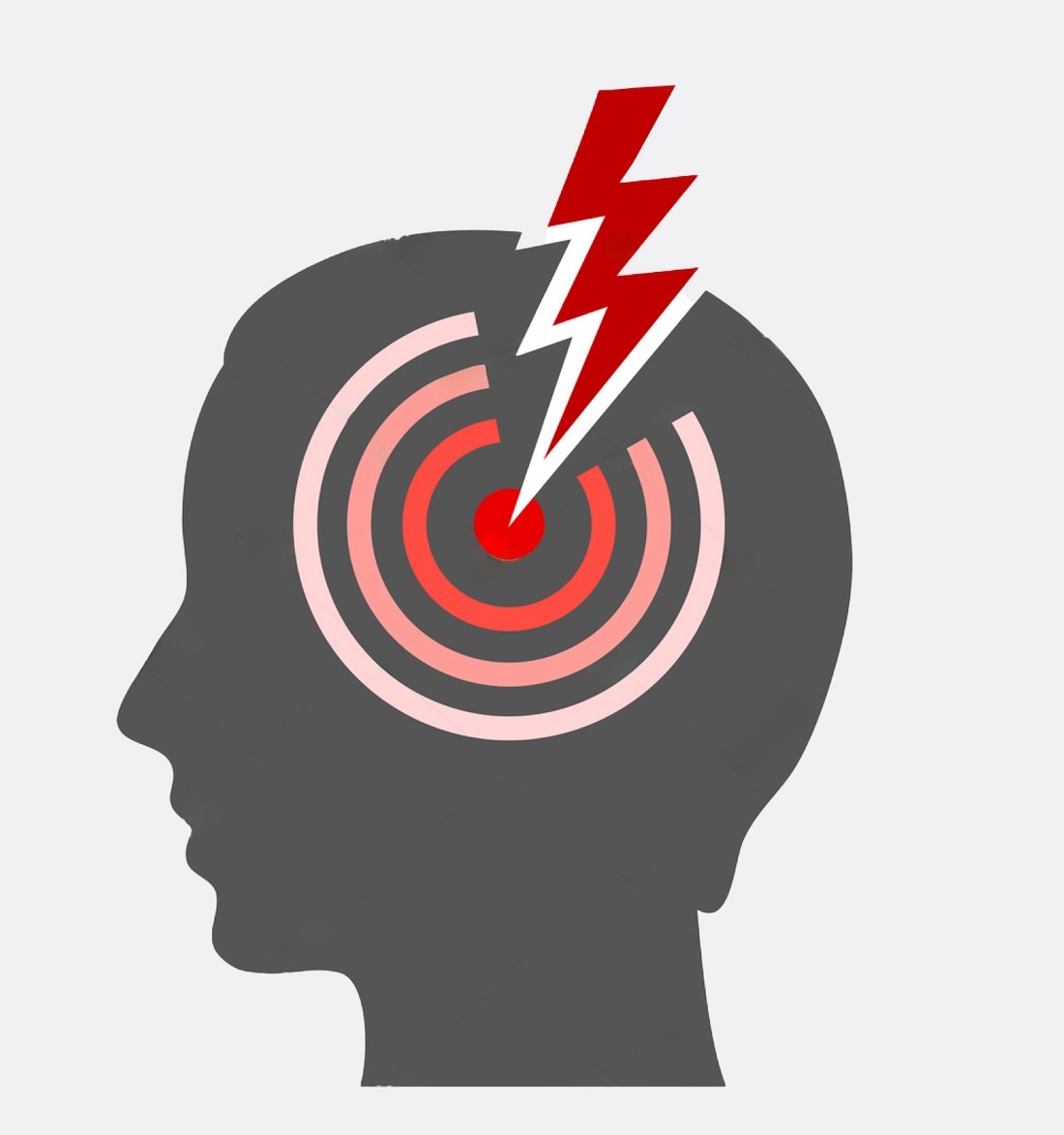
Key symptoms of migraine:
The pain is usually a moderate or a severe throbbing sensation. It gets worse when you move, and may prevent you from carrying out normal activities.
Other symptoms associated with a migraine include:
- Nausea & dizziness
- Vomiting
- Increased sensitivity to light and sound, which is why many people with a migraine prefer resting in a quiet, dark room
- Sweating
- Poor focus & concentration
- Sudden temperature swings – feeling hot or very cold
- Tummy pain
- Diarrhoea
What are the causes of migraines?
Possible migraine triggers include:
- Some women experience migraines because of changes in the levels of hormones like oestrogen and these usually occur between 2 days before the start of your period to 3 days afterwards
- Some women only experience migraines around this time which are known as pure menstrual migraine.
- Most women experience them at other times too. This is more of a menstrual-related migraine.
Some women find their migraines become worse during perimenopause. However, they might improve or disappear a few years after your last period.

- Stress
- Anxiety
- Tension
- Shock
- Depression
- Excitement

- Tiredness
- Poor quality sleep & sleep apnea
- Work shifts
- Poor posture
- Neck or shoulder tension
- Jet lag
- Fasting or low blood sugar
- Overexercising
- Missed, delayed or irregular meals
- Dehydration
- Alcohol
- Food additive tyramine (found in some types of cheese and meat)
- Caffeine products, such as tea and coffee
- Lack of caffeine (if you’re used to regular caffeine)
- Specific foods such as chocolate, citrus fruit and cheese
- Bright lights
- Flickering screens, such as a television or computer screen
- Smoking (or smoky rooms)
- Loud noises
- Overtly strong smells
- Extreme changes in weather (windy, stormy conditions or a sultry climate)
How to effectively manage migraines::

One of the key steps in overcoming the challenges is to identify the triggers that cause migraines and worsen it. Certain external conditions, genetic factors and individual health conditions are some of the reasons why migraine triggers can vary from person to person.
The common ones to watch out for: Bright lights, strong smells, certain foods, and stress.
Stress, mood swings and tension levels can rise up during fasting, which can lead to an increase in migraine frequency and intensity. The pressures of work deadlines, family responsibilities, weather conditions and fasting routines all contribute to increasing your stress levels. That’s why it is so key to find effective stress management strategies that work for you, which our family medicine specialists at HealthHub Clinics can provide.
One effective coping strategy lies in maintaining a regular sleep schedule. Getting adequate sleep and establishing a consistent sleep routine can help reduce the frequency and severity of migraines. Additionally, practicing relaxation techniques such as deep breathing exercises, meditation, or yoga can help manage stress and tension, which are common triggers for migraines.
Managing stress is key through relaxation techniques such as deep breathing exercises, meditation, and yoga. Taking short breaks throughout the day to engage in calming activities, such as listening to soothing jazz music or morning ragas or going for a brisk 30-minute walk, can also help lower your stress.

Engaging in a regular walking regimen or run, or light aerobic exercises, helps releases endorphins, which are natural painkillers and mood enhancers, which not only knocks off what goes to your waist but helps in reducing migraine symptoms.
Another easily ignored self-care practice is maintaining a balanced and nutritious diet. During fasting, it’s important to skip tasty fried foods high in cholestrol and sugar.
Choosing a meal that is rich in essential nutrients, especially magnesium, potassium and Omega-3, are highly recommended as they have been shown to reduce migraine frequency. The most obvious must-have natural tonic is water: staying hydrated by drinking 8 glasses of H2O can also help prevent migraines.
And oh yes, the best way to ensure you stick to all that is mentioned in this blog? Ensure you keep ‘a migraine diary’ which can be helpful for you in identifying patterns and triggers, just so that you always stay aware.
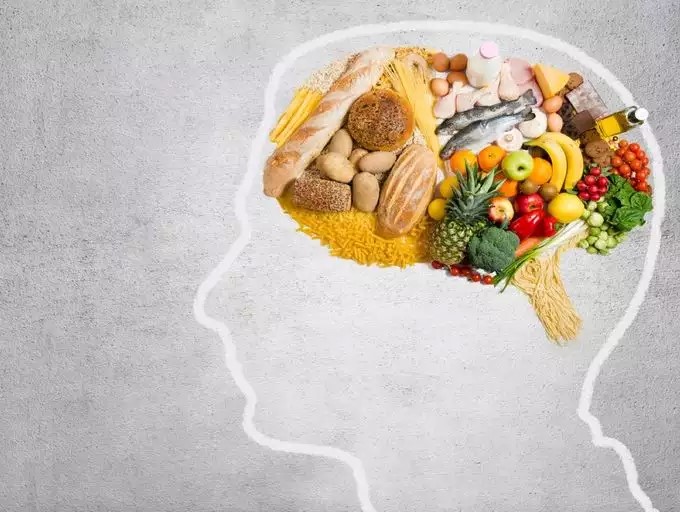

To know more, book an appointment right away with any of our Family Medicine specialists at HealthHub Clinics today. Call 800 2344.

Article reviewed by:

